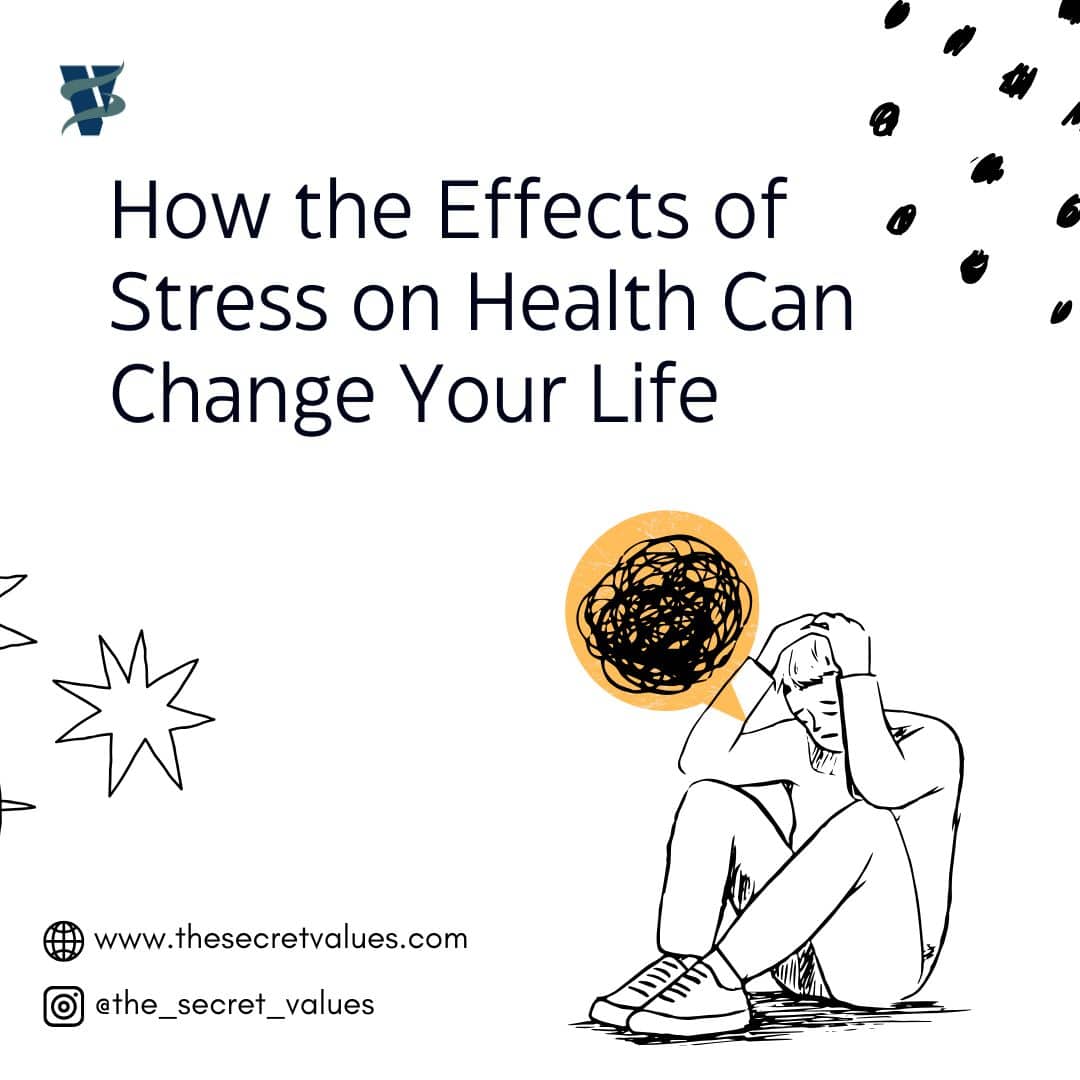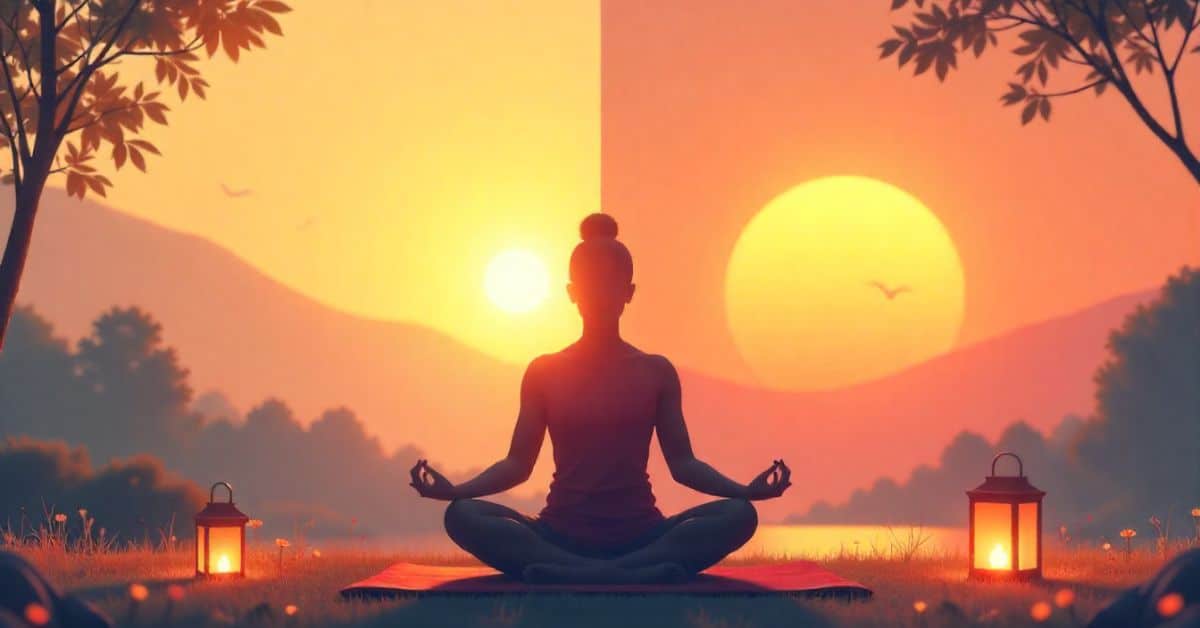In today’s fast-paced world, stress has become a daily occurrence that, if not controlled well, can negatively impact our bodily, emotional, and mental health. In this article, we will examine the consequences of stress management, the influences of stress on health, and how the impact of stress on heart health might affect our basic Effects of Stress on Health.
What is Stress and Why is It Impacting Health?
Stress is the body’s response to external demands or threats, triggering a ‘fight or flight’ reaction. While short-term stress can be helpful, chronic or long-term stress can lead to serious health issues that disrupt daily life.
The Science Behind Stress: How It Affects the Body and Mind
Our bodies release cortisol and adrenaline when we are under stress. These hormones prepare the body for action, but prolonged exposure can adversely affect the mind and body. The continued release of these hormones can influence every organ system, increasing the risk of various health issues.
Physical Effects of Stress on the Body
1. Impact of Stress on Heart Health
Chronic stress is strongly linked to heart disease. High-stress levels can:
- Increase heart rate and blood pressure
- Promote inflammation in the cardiovascular system
- Cause artery-clogging plaque accumulation, raising the risk of heart attacks
According to recent studies, people with unmanaged chronic stress are significantly more likely to experience heart-related issues, as the constant release of cortisol affects blood pressure and can even lead to arrhythmia.
The Role of Stress Management in Cardiovascular Health
Implementing stress management techniques for anxiety—which include everyday exercise, mindfulness meditation, and deep respiratory exercises—can help lessen these risks. Daily pressure-decreasing activities support heart fitness by reducing blood stress and stabilizing coronary heart rate. rate.
2. Impact of Heat Stress on Physical Health
Heat stress occurs when the body cannot cool itself adequately, often because of high temperatures or physical exertion in hot environments. This can result in:
- Dehydration and electrolyte imbalance
- Heat exhaustion and heat stroke under severe situations
- Elevated heart rate throughout the body’s cooling process
Workers exposed to high-heat conditions, such as construction or factory environments, are at a heightened risk of heat stress. Managing heat stress requires frequent hydration, breaks in shaded or cooler areas, and monitoring one’s physical limits during hot weather.
Mental and Emotional Effects of Stress on Health
1. Anxiety and Depression
Unmanaged stress can lead to mental health disorders, including anxiety and depression. The ongoing pressure causes neurotransmitter imbalances, which can worsen mood and mental clarity. Symptoms may include:
- Constant worry or fear
- Irritability or frustration
- Feeling overwhelmed or fatigued
2. Impact of Stress on Cognitive Function
Chronic stress can impair cognitive functions such as memory, focus, and decision-making abilities. The brain, under continuous stress, is less effective in processing information, leading to memory issues and poor concentration.
Long-Term Impact of Stress on Health
Chronic stress has been linked to various long-term health issues, including:
- Immune System Suppression: Chronic stress weakens immune defenses, making the body more susceptible to infections.
- Digestive Disorders: Stress can disrupt the digestive system, leading to conditions like acid reflux, IBS, and gastritis.
- Muscle Tension and Chronic Pain: Ongoing stress can result in muscle stiffness and tension, often leading to headaches, back pain, and other muscular issues.
Effective Stress Management Techniques to Transform Your Life
Understanding the impact of stress management and adopting effective strategies can reduce the damaging effects of stress. Here are proven techniques:
1. Mindfulness Meditation
Practicing mindfulness can help you stay present, reducing rumination on stressful thoughts. Studies show that even 10 minutes daily can significantly reduce stress levels.
2. Physical Activity
Regular exercise, such as walking, running, or yoga, releases endorphins that improve mood and reduce stress.
3. Social Connections
Maintaining strong social connections with family and friends can help individuals feel supported, thus reducing stress.
Final Thoughts: Transforming Your Life by Managing Stress
Understanding how the effects of stress on health can change your life empowers you to take proactive steps. Implementing stress management techniques improves heart health, cognitive function, and overall well-being. Whether through physical activity, mindfulness, or spending time with loved ones, effective stress management can significantly improve your quality of life.








1 thought on “How the Effects of Stress on Health Can Change Your Life”